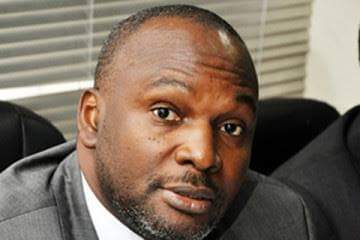Late Rear Admiral Ndubuisi Kanu’s eldest daughter, Audrey Joe-Ezigbo has paid glowing tributes to her late father.
TheNewsGuru.com, TNG broke the news of the death of the former Lagos and Imo States military Governor on Wednesday, January 13. He died of COVID-19 related complications.
In a glowing tribute to the late Admiral, his first daughter revealed several rare qualities of him as a principled, detribalised and committed Nigerian.
Read full tribute below: Mrs
AND SO MY FATHER DIED
My husband and I were working together on a 2021 plan when the call came. It was my senior cousin. He said, ‘Audrey, I just heard your father’s voice. It has never sounded like this in all the years I have known him. He is clearly very ill and something needs to be done’. I was confused. I mean I spoke to him a couple of days before. He did a group Whatsapp video call with myself and a few siblings, telling us as he usually did that he was in ‘The best place in the world’….his villa on a hill in Ovim, Isuikwuato, Abia State. What happened next was a flurry of activities that had my father rushed into hospital on December 31st, diagnosed with COVID on January 1st, moved into the ICU on January 3rd ….. and despite all the efforts and prayers, he succumbed to the Covid-19 virus in the wee hours of Wednesday 13th January 2021. God called him ……….and just like that my dad was gone!
Are you per chance one of those still saying Covid-19 is not real? Are you one of those still sprouting conspiracy theories? Are you still saying, ‘after all only about a thousand people have died’? Well my dear, if by any chance you are… then let me announce to you that on Wednesday 13th January 2021, my father – the late (I can’t believe I am saying that) Rear Admiral Godwin Ndubuisi Kanu rtd. became one of the ‘just’…and it hurts like mad!
I am devastated! I have lost a father, friend, mentor, a covering. And I lost him to Covid-19. I am still struggling with this!
I am still trying to grasp the reality. I am still waiting for his call. I am still struggling to not pick my phone and dial any of his lines so that he can call me one of the many sing-song nicknames he had for me. I am waiting for that call where I would say, ‘Hi dad, good evening’ and he would respond ‘Have you told me ‘Morn Sir’ yet?’ and we would both laugh as I would then give him that military greeting. He would then say, ‘Ah ha! That’s better’ and then proceed to tell me his latest sets of activities and plans. He would then ask after my children one by one, ask me to tell them Admiral Grandpa (as we called him) loves them. Then he would laugh and ask ‘Where’s Joe? Let me talk to that man’. He always asked for my husband last because once they started to talk, they would both practically forget that it was my phone they were talking on and go on forever discussing everything under the sun. I am waiting for that call. I could count on it coming once or twice a week….. but it will never come again will it?
My father is dead!
I have repeated this phrase to my husband so many times, hoping that in saying it as many times as possible, it would become either more real, or prayerfully less so! Ah, but no one can explain this pain to you. My emotions are so all over the place, but contrary to popular opinion, I am not superwoman so I am allowing myself to process my grief. Sometimes it is a torrent of tears, sometimes it’s a pain in the heart that is scary in its intensity, sometimes it is a ‘blankness’ and inability to think or feel for long periods at a time. My father is DEAD! Hmm! I did not think I would say this for a couple of decades yet, especially seeing the longevity on his side of the family…my grandfather died at 105 years of age, for instance.
And so my father died! …….Rear Admiral Godwin Ndubuisi Kanu rtd. died.
In his lifetime he gave meritorious service to the nation Nigeria as a distinguished officer in the Nigerian Navy where he occupied several strategic positions and rose to the rank of Rear Admiral before he retired. He served as a member of the Supreme Military Council, Armed Forces Ruling Council, as the first Military Governor of then Imo State from 1976-1977, and as Military Governor of Lagos State from 1977 to 1978. After he left service, he became and remained until his demise, a champion for democracy and the return to true federalism in Nigeria. He loved this country and he served it well unto the end, despite many challenges and constraints that his hard stance against several issues in the governance of the nation put him in. And so, the Admiral died in a land he loved, lived in and lived for!
My father was not a perfect man, but he was a GREAT man. He taught us humility, integrity, hard work and resilience. I have gotten so many calls and messages from people who said ‘I had no clue you were his daughter’….and why would they? Whereas he gave us a name that we have been proud of and are even more so in his passing, he taught us to work hard to build names for ourselves, rather than to wallow in the glory of his own name. He hammered into our ears right from when we were tiny children that rather than us introducing ourselves as ‘Nwa Ndubuisi Kanu’ we should work hard such that he would one day be introduced as ‘Papa Audrey Joe-Ezigbo’ (in my case) and same for my other siblings.
He would tell us stories of how poor his parents were (my grandfather worked with the railways), how he had only once school uniform and one set of clothes which he had to wash every night to use the next day. He told us how himself and his only sibling and my late uncle Chief John Okechi Kanu, would have to share their one pair of sandals as they walked their many miles to and from school. He would tell us how he had to plan every kobo he earned to make sure he could pay our school fees and still give the family a fairly good life. And by family, he never meant only my mum and the children. No, he was such a giver that he would more often than not use the resources he did have to pay fees or rent for others and then worry about his own personal needs later.
And he walked his talk. He was so bent on raising children who were not lost in the false cloud of ‘Umu Governor’. I jokingly say that people thought we were raised with silver spoons but that if there were silver spoons in my house, my father so hid them that we did not know there were spoons much less what they were made of. We were the only children I knew of who lived in Government houses and yet had to wash and iron our own clothes, make our own beds, etc. My father actually taught us many of the home and life skills that people would traditionally expect the wife to have been the one to do. In that way he very much complemented my mother at home.
My father taught me how to sew. He could not understand that anyone would be wearing an outfit with a missing button or a tear in the fabric and not have the ability to fix it themselves. My father taught me how to make my bed with military precision. Till today, I have a hard time leaving my bed unmade. He taught me how to fold my clothes and to do precision ironing. Till today, many of my close friends cannot understand my fixation with ironing everything. I would laugh and say, ‘I be omo military now’. My father taught me how to pack. He showed us a system where he could fit the contents of three suitcases into one just by how the clothes were folded or rolled up. My father taught me how to be tidy. On Saturday mornings, you could be sure there would be a pounding on your door to do room inspection. And yes, he knew all the places we would stuff all the things we did not want to arrange because we would rather watch Tom and Jerry on TV. He would have none of that. He would pull them out and sit with you until you got it right and he was satisfied. He truly believed the cleanliness is next to godliness mantra.
My father taught us how to change lightbulbs. He did not understand that one needed to wait for electricians when these were simple things which we could do ourselves. He taught us how to do simple electrical connections and so many other do-it-yourself things. When we were newly married and over the course of our last thirty plus years together, my husband has constantly marveled at my many DIY skills. I am able to sew, clean, do basic electrical work, do basic carpentry work, paint, change tires, do basic servicing on cars…because my father taught me all those things. The Admiral was not perfect, no. But he was certainly AMAZING!
He was very prudent too. My father would never give you shopping money for school without a clear list of items you needed. And you had to defend that list oh! Oh, you sure did! He calculated pocket money in any term (and I mean up to my final year in university) based on the cost of meals at the cafeteria, times the number of meals, times the number of days, and if you were lucky maybe a little extra for other incidentals. And he would never give us money for the next term until we presented a full retirement of what he gave us earlier, especially that extra bit. One term, I was frustrated and refused to present him with a list, insisting that I barely had any money to spare so I did not see the point. My father did not bat an eyelid. He simply told me that if I refused to present the retirement of the last money he gave me, I should not expect anything of him. I went to school with just the money my mother had earlier given me, convinced my dad would eventually give in and send me my main allowance. He did not. Ultimately and as we say, ‘eye clear me’ but I was foolishly trying to prove a point. I drank Ijebu garri for several weeks as my singular meal, thanks to my friend and sister Toyin Fafowora who had like a drum of the stuff in her room and happily shared with me, lol. Once in a while, someone would invite me to share their meal. I finally gave in the day my friend Gloria Briggs brought me a pack of groundnut to add to the garri I was drinking, just to ‘spice up’ my daily meal. Kai! I felt like a pauper and a silly one at that. I did a prodigal-son turnaround and humbly prepared a retirement statement and a letter of apology to my dad who then promptly sent me money – not for the full term, but for what time was left, lol. I learnt a life-long lesson from that experience.
I don’t tell these stories, and there are so many more, to give a sense that my father was mean. No! he was not. He was actually such an incredibly kind man and all his outwardly stoic military stance could not hide this truth. He was however also incredibly disciplined, and it was critical to him that his children internalized the same sense of discipline, humility, and resilience that he had garnered himself by experience. I remember that when my husband and I started out, we were squatting with my friend Chika IIo in Port Harcourt. If my father had not taught me those values, I would not have been able to marry a man who did not have anything or to start life at the low level that we did. In those early years where we struggled to feed as we grew our business, I could never have survived without the skills, temperance, humility, and management skills I got from my dad. He really taught us how to be content in all things and not to be defined by material things. Till today I am at complete loss as to the clamour for designer labels. My father would always say ‘Ask Channel of YSL if they know who I am or where Ugwunta Ohoroho Ovim is’, lol. Today I find myself saying, ‘Ask XYZ designer if they know Audrey Joe-Ezigbo’. I am a nwa nna’ya (child of her father) obviously.
When I was starting out with my company, my father said to me, ‘I hope you know I will not be helping you with anything where that business is concerned’, to which I replied, ‘Yes Dad, I have not forgotten the words you raised us by’. I mean, I knew my father. He had told us often enough that he was using his name and goodwill to help those who did not have any perks in life. To him, we already had the privilege of a good family upbringing and a sound education, so we were not starting life on the same platform as so many others. It made sense because he had ingrained the philosophy into us from forever before. I started my company with my husband with a clear understanding that it was up to us to work hard, to persevere and to make it succeed regardless of the ‘connection’ that we were supposed to have. And you know what? I our hardest of days in building the business, calling to ask my father for a favor was never a consideration. But God is so faithful and I am grateful that the Admiral lived to see how we brought his constant admonition to life, to the glory of God.
My siblings and I were the only children I knew of that lived in Victoria Island of those days and yet regularly went to Balogun or Tejuoso railway market to look for cheaper or second-hand items of clothing to buy, the only ones as far as I knew who knew what shoemakers were, as we had to patch our school shoes many times. We got no new shoes until my father was convinced there was no more wear left in the ones you had. And no, you were not getting a new school uniform, Girl Guide uniform or whatever else you claimed to need unless you had sewn and resewn any rips to the degree that it was now unsightly.
We did not even have the opportunity to discuss about things like perming our hair. Once, in my final year of secondary school, my older sister and I were feeling rather independent and took some money an aunty had given us, and we went and permed and styled our hair. When our dad came home, he told us how lovely we looked. Then he went upstairs, came down with scissors in his hands and called us to him. He first explained to us that if something happened to him and we had to leave school and find employment, we needed to know the level of jobs we would be able to get. He told us how much those grade levels would pay. He then did an analysis of how much we would need for rent (assuming we were to share one room), transport to and from work, feeding, etc.
From his calculations, he then made us see that the money we would have left after our needs were met would not be enough to buy relaxer monthly, much less wash and set our hair every week. So, he said by perming our hair, we were in effect trying to live above our means. That said, he had us sit down one after the other and he gave us the lowest haircut possible. We cried our eyes out and barely spoke to him for days – save for greeting him every time we saw him (which was a non-negotiable with our parents), but that lesson has been one of my most tangible in terms of financial discipline. Those who know me know that till today I do not window shop for any reason. I do not believe in longing for something that is currently above my means. I wait until I can afford things and I pay for them once and for all. I am as frugal and disciplined a financial planner as my father was, and this has been something I have passed on to my own children. Ah daddy, but I miss you! I am so who I am because of what you taught me.
My father had an incredible sense of humor. He was very playful as much as he was strict. I remember him in our childhood years. He would come home in his white navy outfit and immediately go on his knees, inviting who ever could reach him first to come and ride the ‘horse’. He would take turns with us, zig-zagging around the living room on his knees, making horsey sounds while we laughed in glee. Of course, when he could, he would also take us riding on actual horses at bar Beach or Tarkwa bay. I remember times when he would stand arms akimbo and ask us how many of us wanted to fly. He would have one or two of us hang on to his arms and then swing us around the living room. As we grew older, he would regale us with tales of his growing up years or some of his work experiences. He could turn everything into comedy. And he enjoyed a good tale or joke too, laughing until tears would gather at the corner of his eyes. And he had a hearty yet quiet laugh. You needed to hear it to understand. It was never loud nor raucous, but very full and catchy. I will miss your laughter so much, Dad. I will so miss your jokes, even the ones that I had heard one time too many. I wish I could hear them one more time. But alas…the Admiral is dead.
My father was selfless, even at home and in the smallest of things. I recall that once he came home from work, he would sit down and eat most of his meal and then begin to call us one by one by the nicknames he had for everyone. He would have us sit around him and then he would cut up all his meat, chicken, gizzard or whatever he was served and feed equal portions of it to each of us. I remember the first time I was told something to the effect in my marital village that ‘women don’t eat gizzard’, I responded that it was impossible because my father would regularly cut up his gizzard and share to all his children, using the same piece of cutlery he was eating with. This was him saying that we were equal, and that we were all one. He gave up so much for us. And he gave so much to us. I will never forget, Daddy.
My father was a man of stature, a true officer and a gentleman. I remember his ramrod straight back as he stood to take salutes at march-past events or on national committee meetings and assignments. His back stood straight up to the end and he never lost the military gait. He was a very strong man. Up until his last trip, he would drive all the way to the mainland every Saturday morning to play at least three hours of lawn tennis at my uncle’s place, playing with men half his age many times. His mind was incredibly agile. He hardly missed a thing. As you spoke, he would listen quietly and all you would get would be, ‘I see’ interjected a few times. And then to be clear, he would repeat your key points before then proceeding to give his own counsel. As I type this, I finally realize that this is why I am who I am. I am not known to be in a hurry to speak without thinking things through and looking for what the alternate perspectives might be. This was my dad, always willing to give room for the fact that there might be other dimensions to any situation that one needed to consider.
My father was completely detribalized, even as much as he was a leader within Ohaneze Ndigbo. We grew up knowing his closest of friends to be names like late Col Issa Ahmed, Chief Godwin Adopkaye, Chief Biyi Durojaiye, Engr. Albert Okeke, Chief Ogunsola, and so many others – Igbo, Hausa, Yoruba, Calabar, you name it. My childhood friends were the Zainab’s, Aisha’s, Nneka’s, Funlola’s, Bassey’s, Uduak’s, Okhiemute’s, Nonyenum’s, Titi’s, etc of the world. We never had room to debate where they were from. It was not conceivable. He taught us to accept and relate with everyone irrespective of tribe or tongue, gender, or social status. The only thing he insisted on was that we needed to know our friend’s families because he believed in the larger circle of relationships. Our home was open to everyone and we always had extended family and friends around. It is no wonder I have run my own home the same way for decades.
My father loved all his assignments and he taught us to take pride in hard work, to own our results. My father taught us discipline and taught us never to settle for less than our excellent best. He taught us to love learning, to love reading, growing, and stretching. He could not understand that we would not stretch where we had capacity to. He always said, ‘the day you stop learning is the day you die’. He taught us never to lower our standards to meet the expectations of those who want less for their lives. He taught us that what helped him get admission to study, having been too short for the height admission criteria in those days, was his excellent academic performance and strength of character. He taught us that personal pride in the little we have is better than riches garnered through wrong means.
The message was clear, be your best you and the rewards would follow. His was a life that exemplified this ….the son of a railway worker for who a nation now mourns. Ah yes, Admiral Grandpa I am so proud of you! You taught us so much during your lifetime…and in your death, you continue to speak.
My dad was such an honorable man. Yes, a few things did not work out in his personal life. He was married to our mother MRS. CHRISTINE NWAYIFE KANU for decades. She is the mother of his first seven children. She had the honor of standing by him and working alongside him to build the nation in her unequivocal capacity as HER EXCELLENCY, THE FIRST LADY OF IMO STATE from 1976-1977; and as HER EXCELLENCY, THE FIRST LADY OF LAGOS STATE from 1977-1978. Unfortunately, that relationship ended about 12 years later in 1990. From that time and until his death however, my father never once said a negative word about my mother and neither did he entertain any such comments. He always said, ‘She gave me seven beautiful children and that is all there is to it’. Admiral sir, you have no clue how much the stance you took meant to us your children. Even in death I say to you, ‘Much respect, Dad!’.
My father married a couple more times, producing my other three half-siblings. And he loved each and every one of us truly and deeply. That ten children from three women can come together is a testament to the heart of who the man was! He always shared something with us, from the oldest of us to the youngest. It was THE PRINCIPLE OF THE BROOM. He would have us break a broomstick each and then try to get us to break an entire broom. Of course, we could never do that bit. Then he would say to us that as long as we siblings remembered that we are the broom, we would be just fine; but that if any of us steps out as a single broom then life and people could very easily break us. And he was so right! Plus, he lived the example. He was inseparable from his only sibling and my late uncle who I also dearly loved and miss. Indeed, two fine gentlemen have translated to another realm, but their lives are still speaking here on earth.
My father loved his grandchildren. They were a crowning glory for him. He particularly loved that they were all so much taller than he was. It seemed he was forever measuring just how much taller they could get. He followed up with them constantly, wanting to know how they were progressing at school, work, with life. His eyes always lit up ever so much more when he saw them or heard their voices. I am personally grateful to God that he was able to be a huge part of the lives of all the grandchildren he had to date. I had hoped he would dance at their weddings. I had prayed Admiral Grandpa would live to see his greatgrandchildren. But we yield to God’s higher purpose for him.
My father loved God. I know he got that from his parents who were dedicated to the Methodist church. My grandparents ‘Mama ukwu’ and ‘Papa ukwu’ as we called them, had such rich voices. My grandmum could belt out a hymn from the back row of the church that would give you goose bumps on the front row. They centered their children’s upbringing around their faith in God. My father inherited that rich voice (my mum has an amazing voice too) and between my parents they gifted us all with incredible singing voices. We used to consider ourselves a sort of Nigerian ‘VonTrap’ family (Sound of Music). Beyond his love for hymns though, my father did not miss his daily devotional. It was part of his morning schedule. and he would regularly send us pictures of any devotion for the day which he felt had a message in it for us to learn and apply to our lives. Admittedly, he became closer to God and more dedicated to church services and support in the last decade of his life especially. He balanced off every word with phrases like, ‘I pray God’ or ‘I believe God’ or ‘As God wills’. And through all the difficulties he faced over the last few years of his life as his business took a hit, he never went a day without repeating the words ‘I trust God’. And he did. His faith was his anchor.
I will never forget the last time but one that I saw him alive. I had an instruction from the Holy Spirit to go and pray with him and anoint him. I will never forget my father kneeling with me, holding my hands, tears in his eyes as I pray extensively over him in my understanding and in the spirit. I then asked if he would allow me anoint him and he nodded. I did. He hugged me and kept repeating, ‘Thank you, Dudu. Thank you’. I am so blessed to have had that opportunity as it remains today as one of the strongest memories I have of our recent times together. I am grateful to God for the doctor who was at my father’s bedside just before he passed on, and who had the presence of mind to pray my father into the presence of Christ. Before he died, all my father could do was nod, but he was nodding in a final reaffirmation of his belief in God, absolute faith in Christ, and his submission of his spirit to our true Father. What a gift! As I mourn therefore, I am also comforted with an eternal comfort. Thank You, Lord. Thank You!
Forgive me that this has been such a long read. I thought I would be writing a few lines but now I realize that I am actually processing my grief partially here on paper. I could write non-stop for another three days if I were to pour out everything that is on my heart to say. But I will stop for today and exhale for a bit.
Let me anchor it here…. On January 13th 2021, a great man died!
On that day, my heart broke in a way I knew it one day would…but a way I hoped was at least 20 years away. On that day, my father Rear Admiral Godwin Ndubuisi Kanu died!
I’m broken, I’m hurt, but I so incredibly proud to have had him as father…and I am grateful to God for the privilege and honor to have been, and to still be his child.
Admiral Grandpa….
Daddy…
Dad….
Sleep on!
I am so blessed to know you died in Christ. Therefore, I know I will see you again one day.
I love you truly! I love you deeply! I honor you! I respect you! I am proud of you! I always will be!
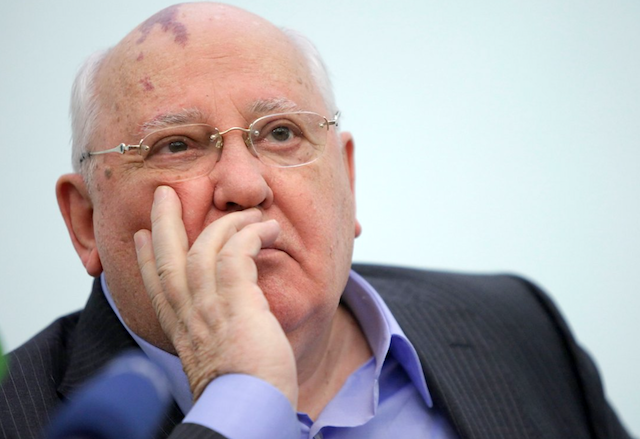
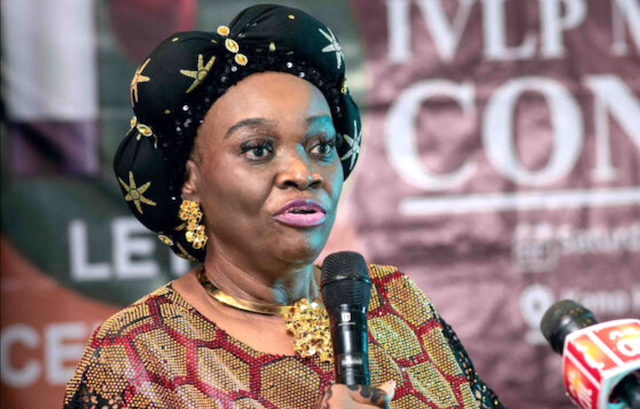
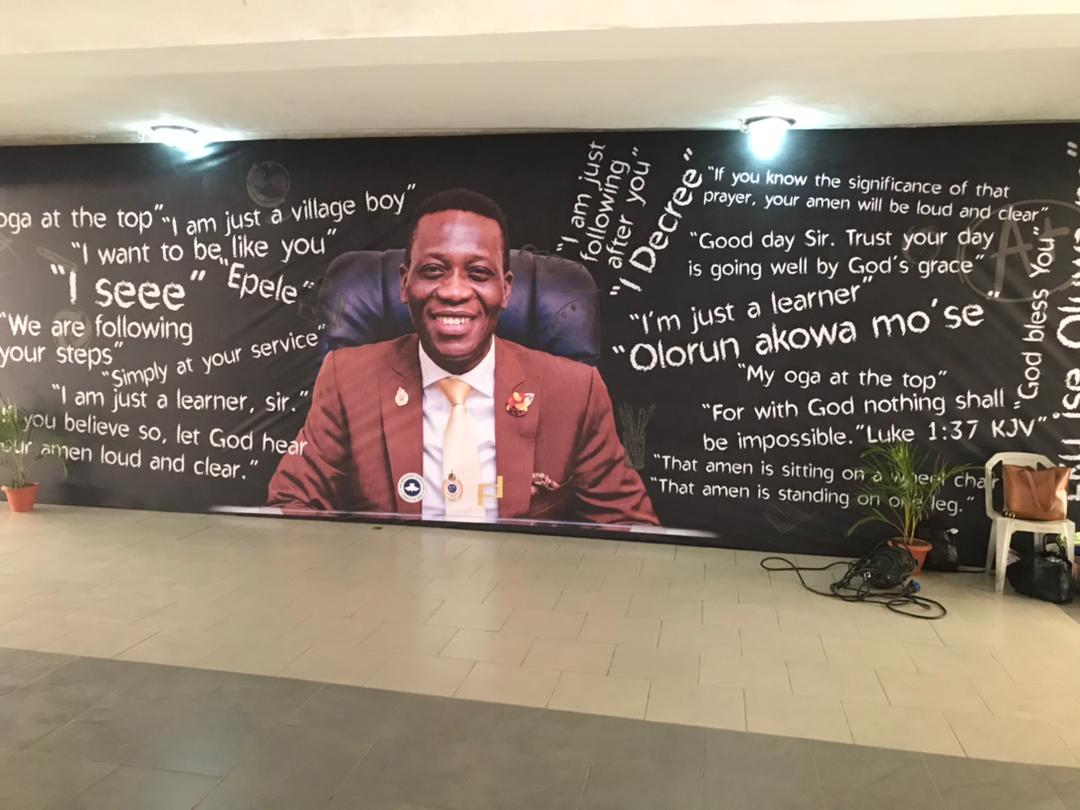
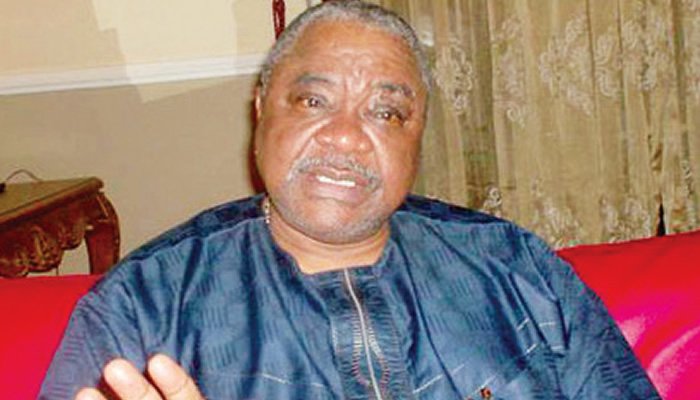
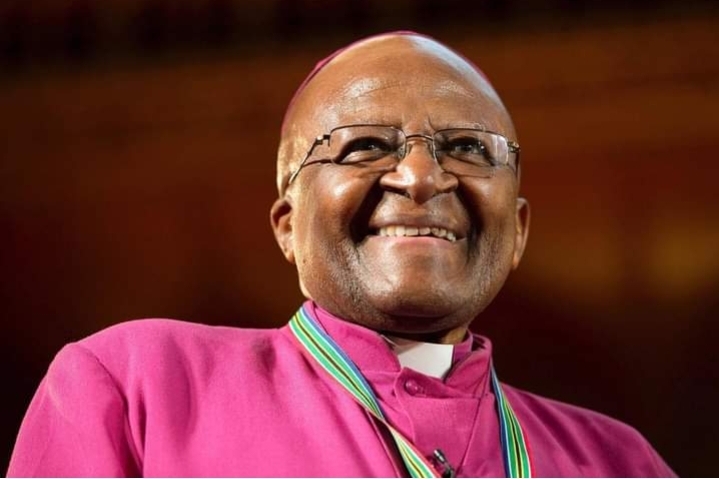
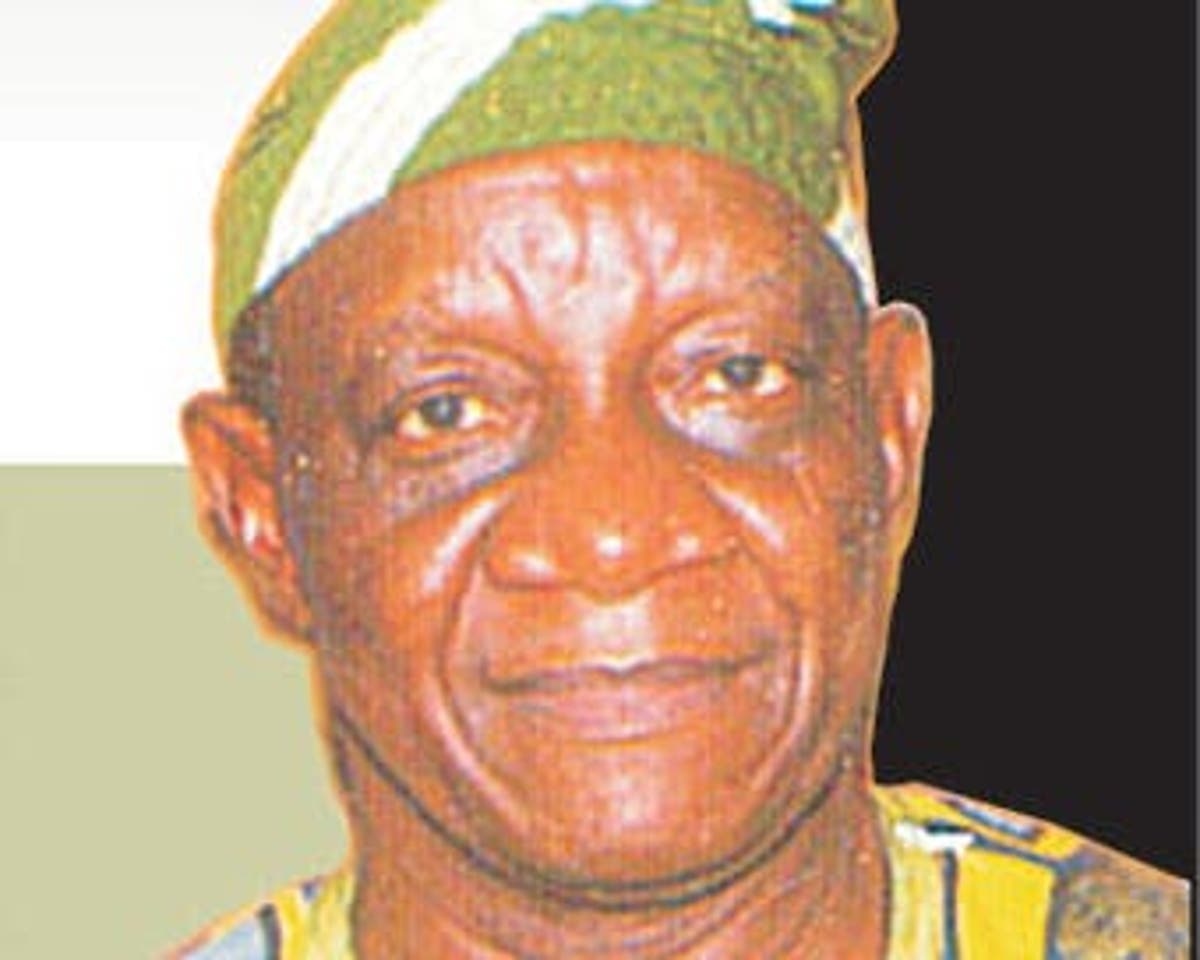
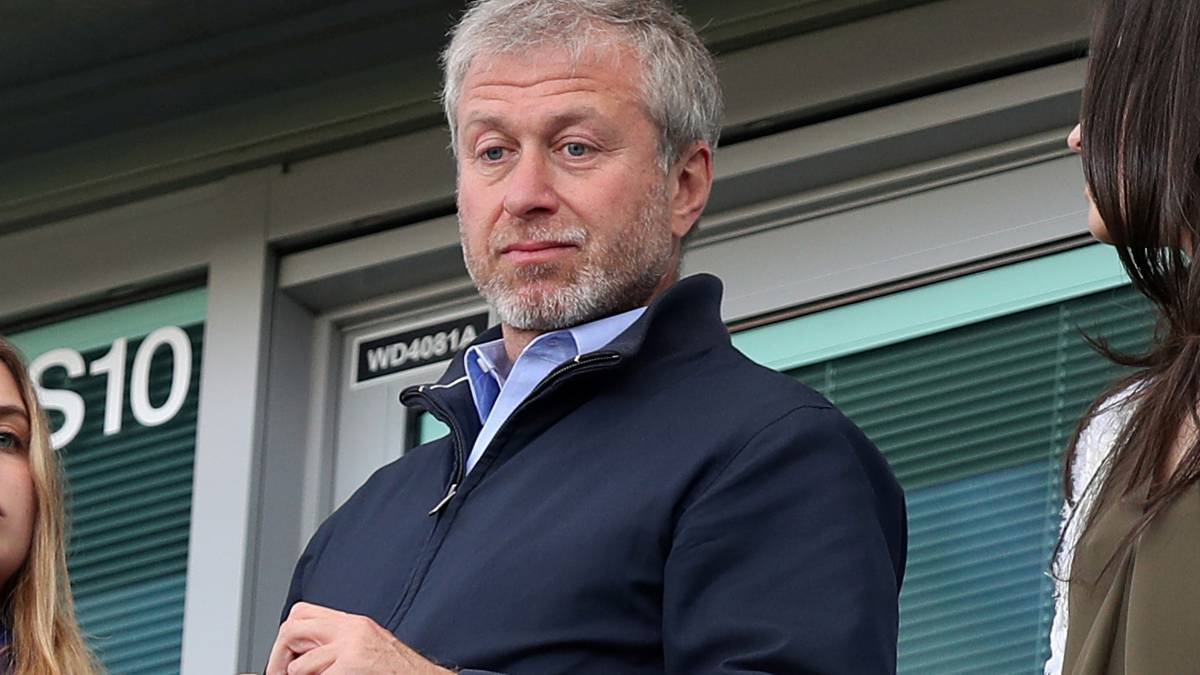
![[MUST READ] Ndubuisi Kanu’s daughter reveals never heard of qualities about him, family in glowing tribute](https://thenewsguru.ng/wp-content/uploads/2021/01/Ndubuisi-Kanu.png)
